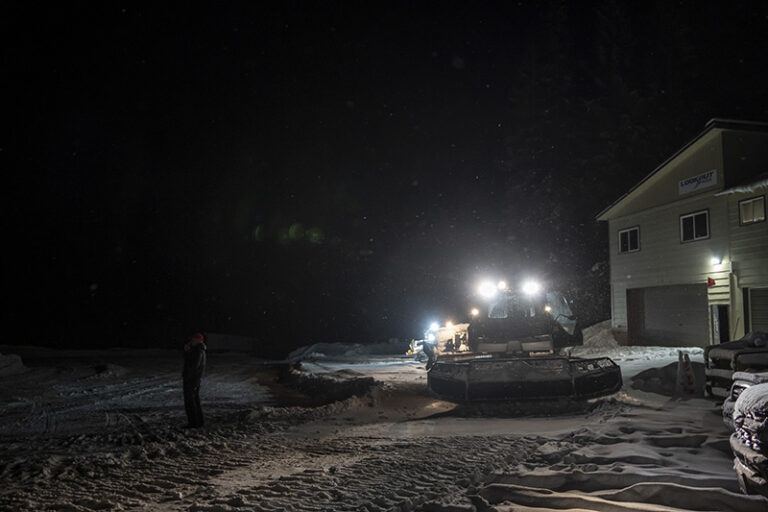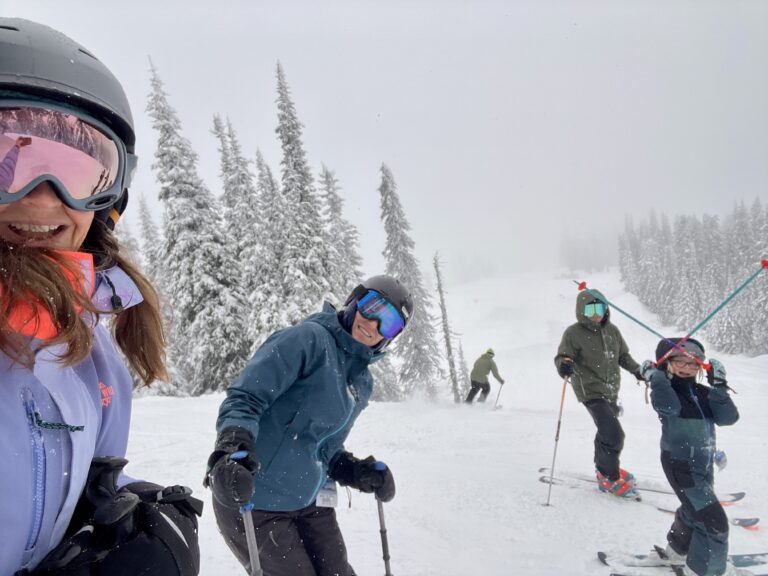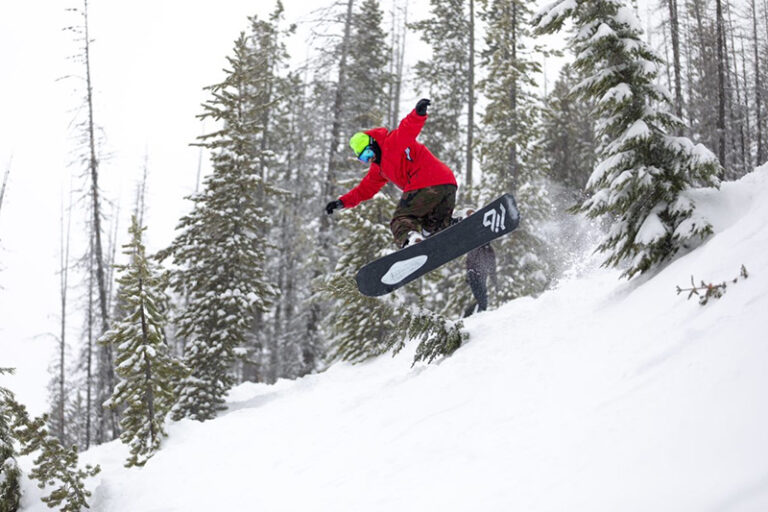Cover photo courtesy of Carol Corbin
Just outside Spokane, cradling the Little Spokane River and surrounding hills, lies a hidden gem—Glen Tana. Most 1,060-acre property, now in the hands of the Inland Northwest Land Conservancy* (INLC), is on track to become one of the most significant conservation success stories in our region. It connects two major recreation areas—Waikiki Springs and Riverside State Park—creating a 20-mile stretch of protected wilderness just minutes from the city.
Glen Tana has it all: rolling pine forests, rocky outcroppings, and nearly two miles of meandering river. It’s a place where you can hike, run, watch birds, or simply find peace in nature. Soon, thanks to the efforts of INLC, this once-private land will be open for everyone to explore. As Sally Pritchard, chair of the Conservancy’s “It’s In Our Nature” campaign said, “Spokane is privileged to have so many spaces close to downtown where we can hike, run, bike, or just be out in nature.”
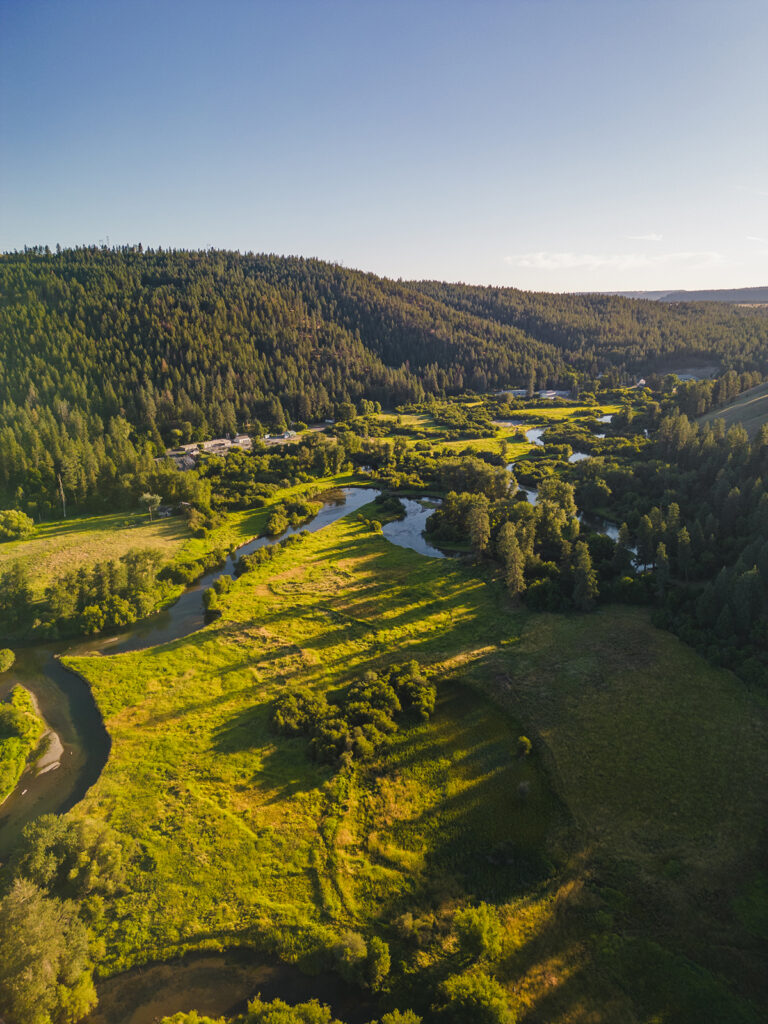
But this project is about more than just recreation—it’s about history, culture, and environmental restoration. The Spokane Tribe of Indians, stewards of this region from time immemorial, is using Glen Tana to revive salmon runs in the Little Spokane River. Over the past two summers, Tribal Fisheries has released more than 150 Chinook salmon into the river, the first time these fish have been here in over a century. It’s a major step toward bringing this keystone species back to the region, and it’s happening at Glen Tana!*
The land itself tells a powerful story. For years, developers eyed it for new housing projects, but thanks to the efforts of INLC and a few determined investors, it’s now protected for future generations. “The land helps us define who we are. This project will help heal our community,” said Monica Tonasket, a Spokane Tribal Councilwoman. That sense of healing and connection is at the heart of the Glen Tana project—it’s about preserving not only the land but also the cultural and ecological heritage of the Inland Northwest.
Of course, big projects like this don’t come cheap. INLC had to get creative with funding, using state grants, bridge loans, and a lot of community monetary donations to make it happen. And it’s not done yet. INLC is in the middle of a major capital campaign to raise $4 million to cover the costs of buying and maintaining the property. So far, this dedicated community of nature enthusiasts and community-minded conservationists have contributed $3.1M to the overall goal. INLC is calling on everyone—from individuals to businesses and foundations—to chip in and help protect this special place.
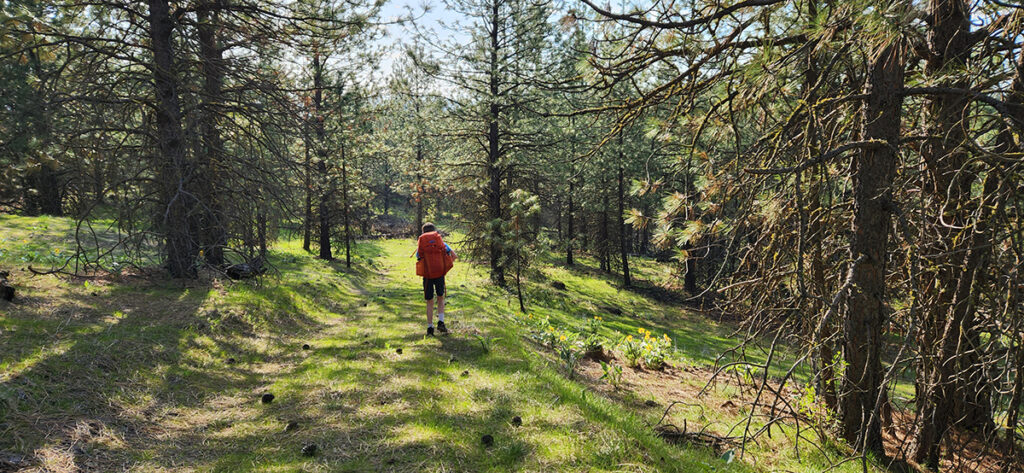
Glen Tana is a once-in-a-forever opportunity. With rapid urban growth in the Spokane area, finding and protecting such a large piece of land so close to the city is rare. As one campaign donor put it, “When we lose land like this, a part of us dies. And once these open spaces are gone, they’re gone.” That’s why this project matters now more than ever.
The plan for Glen Tana goes beyond conservation—it’s about creating a place where people can reconnect with nature, learn about local wildlife, and honor the area’s cultural history. Whether you’re a hiker, a birdwatcher, or just someone who enjoys being outdoors, Glen Tana will soon be your new favorite spot.
So, keep an eye on Glen Tana. Soon, it’ll be another one of Spokane’s natural treasures—ready and waiting for your next outdoor adventure. You can sign up for a guided hike of Glen Tana at the events page of INLC (inlandnwland.org/events/).
Want to get involved? INLC is always looking for more people to join the cause, whether through donations, volunteering, or spreading the word. You can learn more at InlandNWLand.org or give them a call at (509) 328-2939. Every little bit helps, and together, we can ensure that Glen Tana stays wild and beautiful for generations to come.
*The Spokane Tribe of Indians purchased 80 acres from INLC in October 2023, using grant money from Bonneville Power. This land will be the site of the Tribe’s fish-rearing facility, supporting ongoing efforts to reintroduce salmon to the Upper Columbia River Basin.











